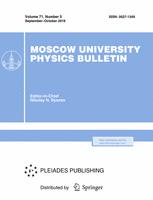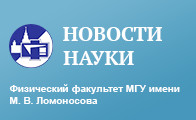Electrovortex flows play an important role in different technical processes, such as electrical welding and electrical melting of metals. They take place if there is an electric current with changing density in a conducting medium. In this paper we consider the electrovortex flow in allow of gallium, indium and tin in a hemispherical container. For weak currents it is possible to use the Stokes approximation which allows us to describe the flow in a stationary regime and without convection. For larger currents it is necessary to take into account the deformation of the surface of the liquid near the electrode and decreasing of the square of the contact between the electrode and the metal. The density of the electric current near the electrode increases and for some conditions it is possible to have the avulsion and a discharge between the electrode and the liquid metal. We have studied both theoretically and experimentally the conditions of the discharge. It was shown that the critical value of the electric current is proportional to the radius of the central electrode.
$^1$Faculty of Physics, Moscow State University. M.V. Lomonosov Moscow\
$^2$Joint Institute for High Temperatures RAS



